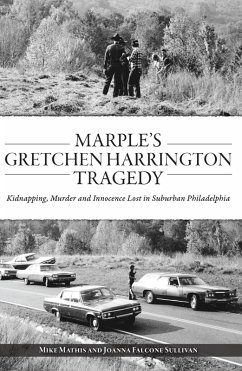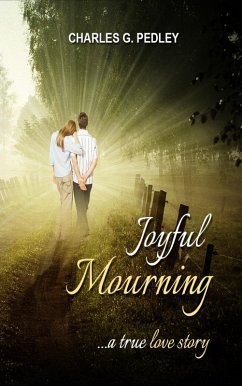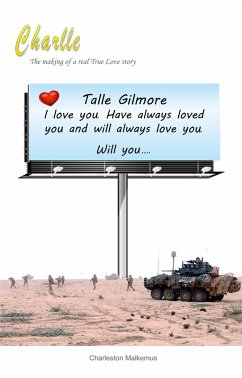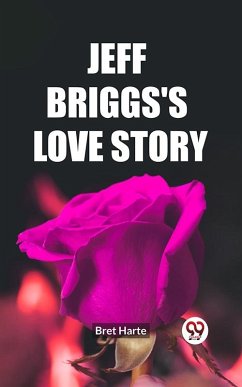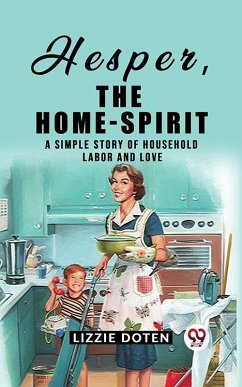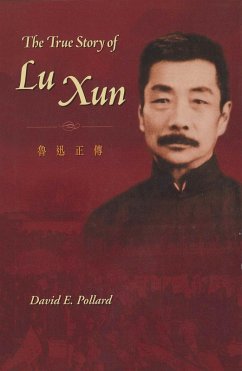
Harrington A Story of True Love (eBook, ePUB)
Versandkostenfrei!
Sofort per Download lieferbar
0,49 €
inkl. MwSt.
Weitere Ausgaben:

PAYBACK Punkte
0 °P sammeln!
"e;Harrington: A Story of True Love"e; by William Douglas O'Connor intertwines romance and social commentary, offering readers a captivating love story set against the backdrop of the Victorian era. Through intricate relationships and moral dilemmas, the nove
Dieser Download kann aus rechtlichen Gründen nur mit Rechnungsadresse in A, B, BG, CY, CZ, D, DK, EW, E, FIN, F, GR, HR, H, IRL, I, LT, L, LR, M, NL, PL, P, R, S, SLO, SK ausgeliefert werden.




